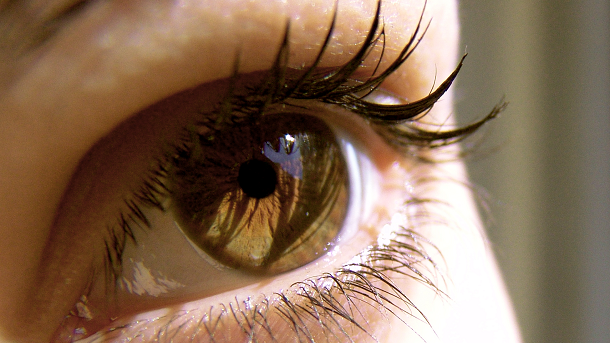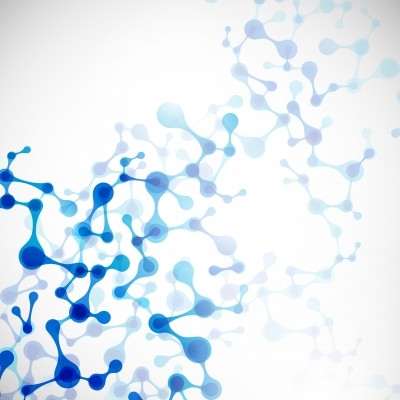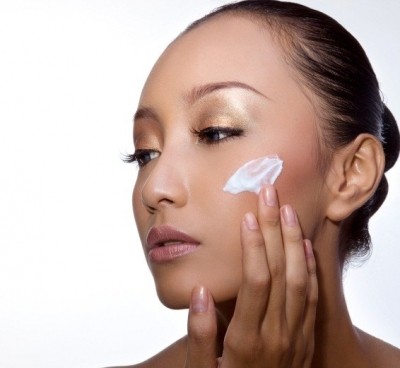Scientists develop alternative toxicity test for mascara

Mascara is a mild irritant which, despite the animal testing ban in Europe, has been tested on animals around the world to test how much discomfort new products can cause.
Now, scientists from the University of Liverpool claim to have developed a cheaper and more reliable test involving miniscule protozoa, which will remove animal cruelty from the equation.
Dr David Montagnes, who supervised the project says: "This test has great potential for reducing the use of rabbits as it is both cheap and reliable, and while the protozoa have a similar metabolism to animals they are not classed as such.”
“Indeed, the traditional test used on rabbits -- the Draize test -- was developed more than 40 years ago and is both time consuming and expensive, as well as giving rise to ethical issues," he adds.
Montagnes continues to state that when there is a possibility to develop a simpler and cheaper alternative, there is really no need to test cosmetics on animals.
Testing
The scientists from the University's Institute of Integrative Biology were able to examine potential toxicity caused by mascara, based on the growth of the protozoa when placed in experimental chambers containing the cosmetic.
Six different brands of mascara were tested, by painting it on small glass plates and placing these in the chambers.
The protozoa and their food were then added. The protozoa- the slipper ciliate (Paramecium caudatum) and the eyelash ciliate (Blepharisma japonicum) -- were chosen carefully because of their large size, their historic use as model organisms, and their genetic similarities to humans.
Their large size enabled the scientists to visually measure population growth using a microscope, and they were able to show that this varied according to the brand of mascara and the amount in the chamber.
There was a substantial difference between brands, with some killing the protozoa and others not harming them at all.
Up-and-coming
The research was part of an undergraduate final-year research project (the senior author is the student, Hayley Thomason), and is now published in the International Journal of Cosmetic Sciences.
"I'm very keen to establish a career as a cosmetic scientist and having the opportunity to work on a research project like this is an important step on that path," says Thomason.

















